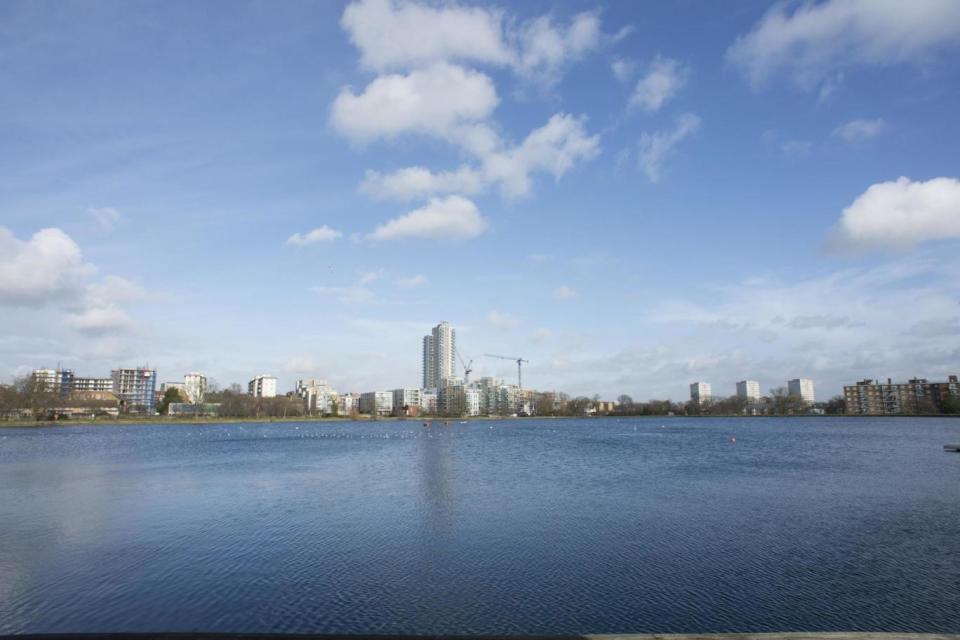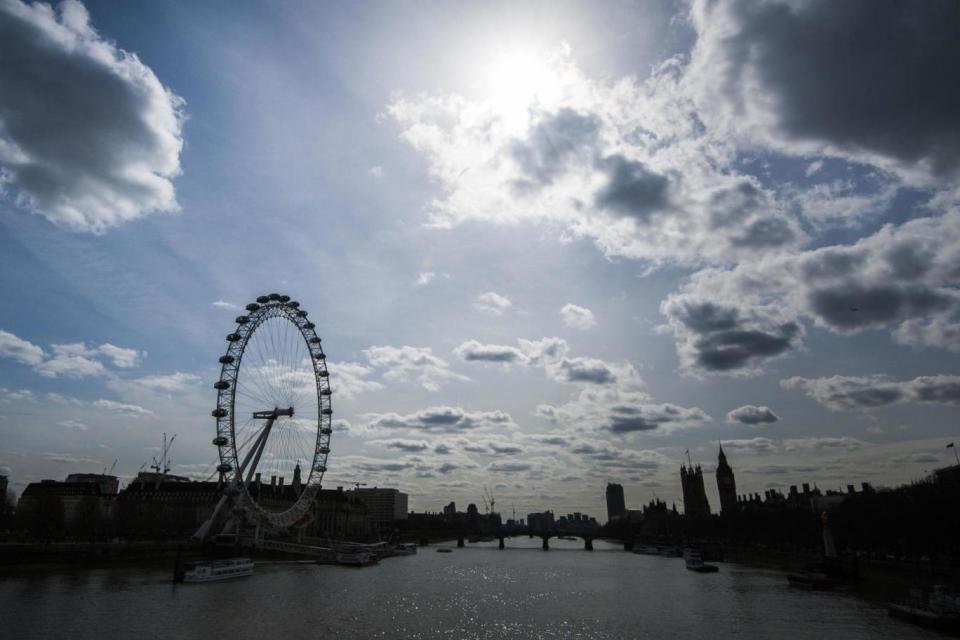London and south-east face major water shortages by 2050, Environment Agency warns

London and the South East could face major water shortages in the next thirty years if individual and companies don’t use less, experts have warned.
The Environment Agency (EA) urged people to use less water and companies to curb leaks in order to prevent future shortages and damage to rivers and wildlife.
It said sources of water supplies are already overstretched and, with climate change and a growing population, much of England could see significant supply shortages by 2050.
And it added that the worst-hit area would be the South East of the country.
In England, almost 9,500 billion litres of freshwater were abstracted from the ground in 2016, which is enough to cover the whole of Greater London in nearly six metres of water, the EA said.

And around 55 per cent of water taken from freshwater sources was by utilities to provide public supplies.
But three billion litres a day are lost through leaks from pipes, about a fifth of water in the system, and is equivalent to the amount of water used by more than 20 million people in an average day.
Large amounts of water are also wasted by households so, in total, a third of water taken from the natural environment is wasted.

A report said that the amount of water taken out of rivers and groundwater resources was leaving them in a poor environmental condition.
This can harm wildlife and could be made worse by climate change which would cause hige changes in river flows and spark drier conditions.
More stagnant water during droughts and higher temperatures could also lead to the spread of mosquito borne diseases such as dengue fever and West Nile virus, the report warned.
Droughts could also cause waterborne diseases, breathing problems from increased dust, stress and anxiety.
The rising population in England will put more stress on water supplies and the report said that if no action was taken most areas will not be able to meet demand if climate change is severe and population growth is high.
Even with low growth and less severe changes to the climate, there will be significant water supply deficits by the 2050s, particularly in the South East.
Emma Howard Boyd, chairwoman of the Environment Agency, said: "We need to change our attitudes to water use. It is the most fundamental thing needed to ensure a healthy environment but we are taking too much of it and have to work together to manage this precious resource.”

 Yahoo News
Yahoo News 